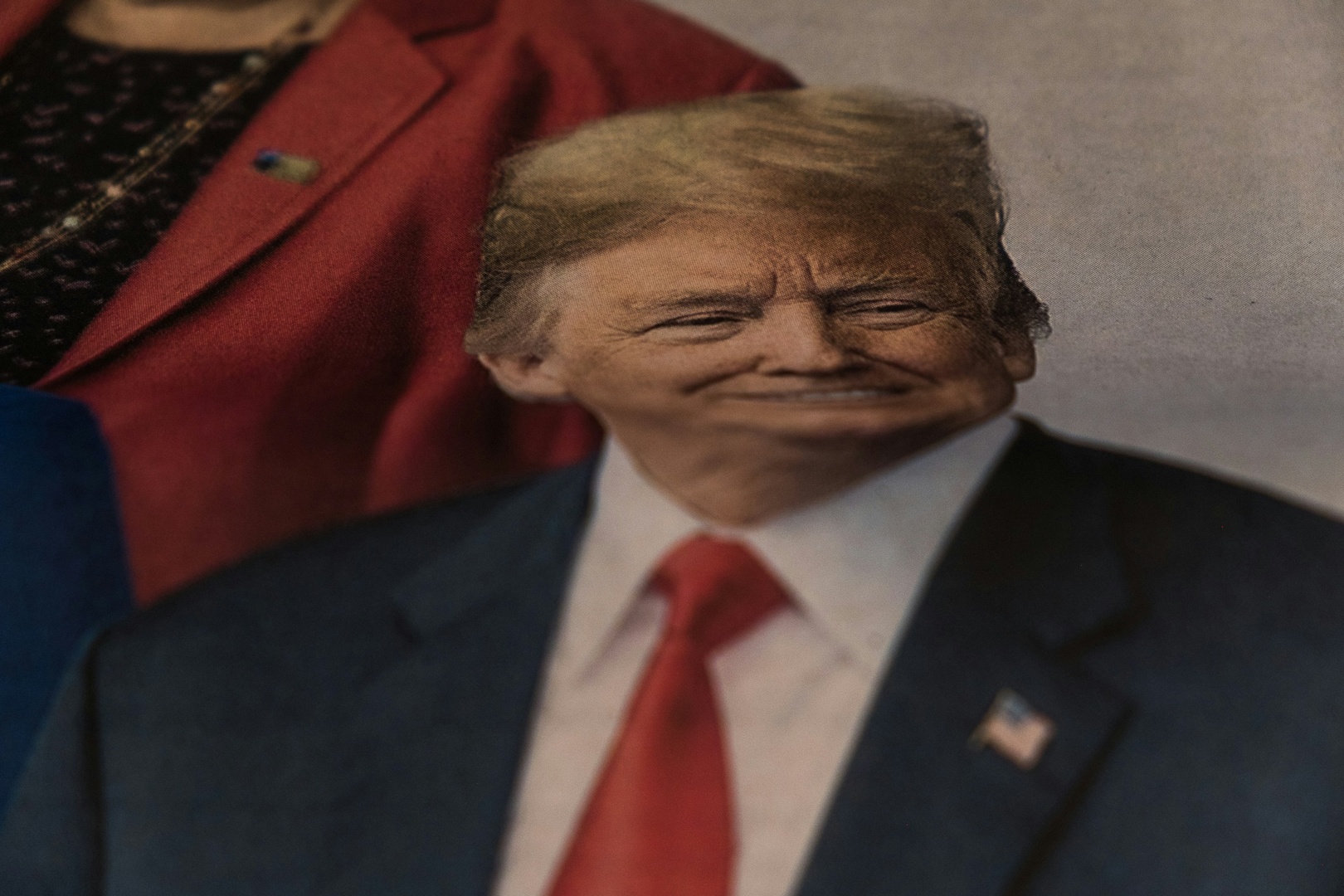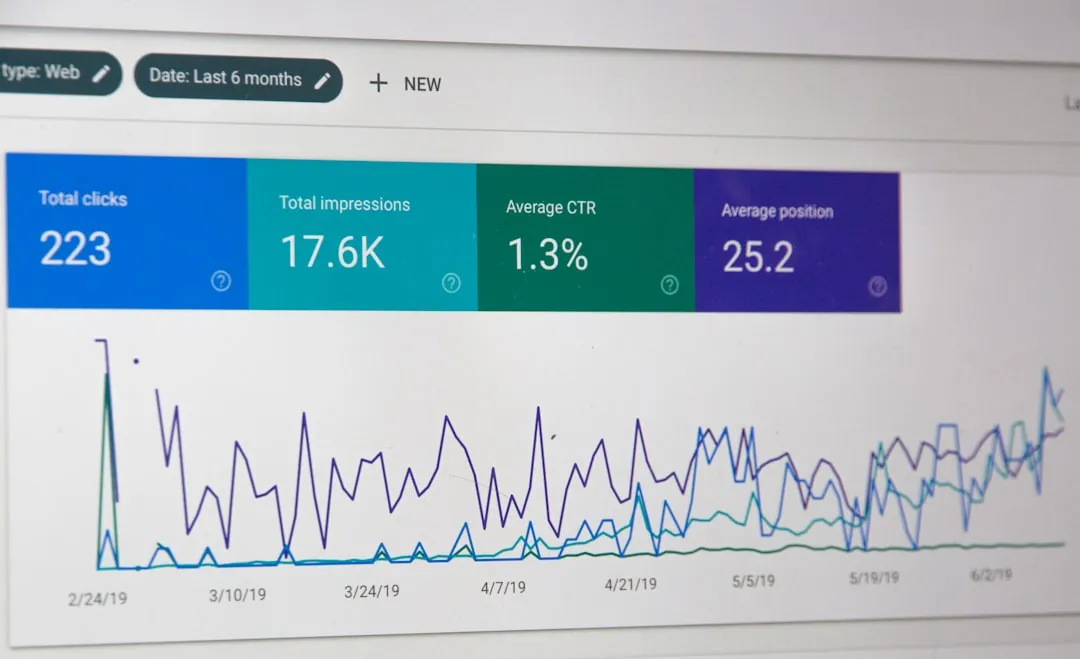Shifting Tides in AI Chip Policy
The recent announcement from the Trump administration regarding AI chip policy signifies a monumental shift in the landscape of advanced computing technologies. As the administration gears up to dismantle the Biden administration’s complex three-tier regulatory framework, the implications for international trade, innovation, and geopolitical relationships are profound. Set to take effect on May 15, 2025, the Biden administration’s Framework for Artificial Intelligence Diffusion aimed to establish a structured global technology landscape. Yet, the Trump administration’s Commerce Department has taken a firm stance against this approach, deeming it “overly complex” and detrimental to American innovation.
“The Biden AI rule is overly complex, overly bureaucratic, and would stymie American innovation,”
a Commerce Department spokeswoman expressed, indicating a shift towards a simpler, more liberating regulatory environment that claims to preserve American AI dominance.
Understanding the Three-Tier System
The Biden administration’s framework established a hierarchical model for technology access that classified countries into three tiers. The first tier included 17 countries and Taiwan, granting them unlimited access to advanced AI chips. A second tier, comprising approximately 120 nations, faced strict numerical caps on imports, while the final tier—composed of countries like China, Russia, Iran, and North Korea—was completely barred from accessing these technologies. This stratified approach sought to prevent potential adversaries from acquiring advanced technologies while allowing allies and neutral nations to benefit. However, critics pointed to the compliance burdens that such a complex system would impose, potentially pushing international partners to seek alternative suppliers.
A New Direction: Licensing Regime
In lieu of the hierarchical system, sources indicate that the Trump administration is contemplating a global licensing regime supported by inter-governmental agreements. This new framework could provide greater flexibility while maintaining control over sensitive technologies. The timing of this announcement is particularly noteworthy. As President Trump prepares for an upcoming trip to the Middle East, where nations such as Saudi Arabia and the UAE have expressed dissatisfaction with existing restrictions, the potential for more favorable AI chip acquisition terms is on the horizon. The Commerce Department’s decision could be made public as soon as Thursday, adding urgency to the discourse.
Market Response and Industry Impact
The immediate market reaction to the policy reversal has been significant, with shares of Nvidia, a key player in AI chip manufacturing, rising by 3% following the announcement. However, after-hours trading saw a slight dip of 0.7%. Nvidia has long opposed the tightening restrictions on chip sales, with CEO Jensen Huang advocating for American companies to access the burgeoning $50 billion AI chip market in China. Yet, it’s crucial to note that the Trump administration’s shift does not equate to a complete abandonment of export controls. The administration has already demonstrated its willingness to act decisively against China, notably banning Nvidia from selling its H20 chip in the country, resulting in substantial financial repercussions for the company.
Global Winners and Losers
The reversal of the AI chip policy creates a complex landscape of potential winners and losers in the global technology arena. Countries like India and Malaysia, which previously faced restrictions under Biden’s framework, are poised to benefit. Malaysia’s situation is particularly favorable for Oracle Corporation, which plans a massive data center expansion that would have exceeded the limits imposed by prior regulations. Similarly, Middle Eastern countries, particularly the UAE and Saudi Arabia, stand to gain from eased restrictions, potentially paving the way for more advantageous agreements. Trump’s interest in negotiating terms with the UAE, especially amidst its ambitious $1.4 trillion investment pledge in US technology, underscores the high stakes of these negotiations.
Uncertainty Amidst Change
As the Trump administration develops a new control scheme, uncertainty looms for companies like Nvidia regarding the regulatory environment. While the new framework is taking shape, existing chip export controls will remain enforced. One possible facet of the new approach may involve imposing restrictions on countries that have diverted chips to China, such as Malaysia and Thailand. The industry remains divided; while chip manufacturers push back against stringent export controls, some AI firms advocate for protections to maintain US technological advantages.
Balancing Competing Priorities
The Biden administration’s export controls aimed to limit access to essential chips for cutting-edge AI development, especially to thwart Chinese firms from accessing technology through indirect means. Balancing national security concerns with the need to promote US commercial interests is a complex challenge. Establishing agreements with eager partners while navigating diplomatic relationships will require careful consideration and potentially multiple policy frameworks. The Commerce Department has yet to provide a specific timeline for finalizing new rules, but the ongoing debate reflects the urgency of crafting a robust approach. The shift in AI chip policy under the Trump administration signals a broader emphasis on American competitiveness and innovation, while still grappling with the necessity of controlling technologies with national security implications. As officials work towards a new framework, the global AI chip market remains fluid, with significant consequences for technological development, international relations, and corporate strategies in the evolving AI landscape.


